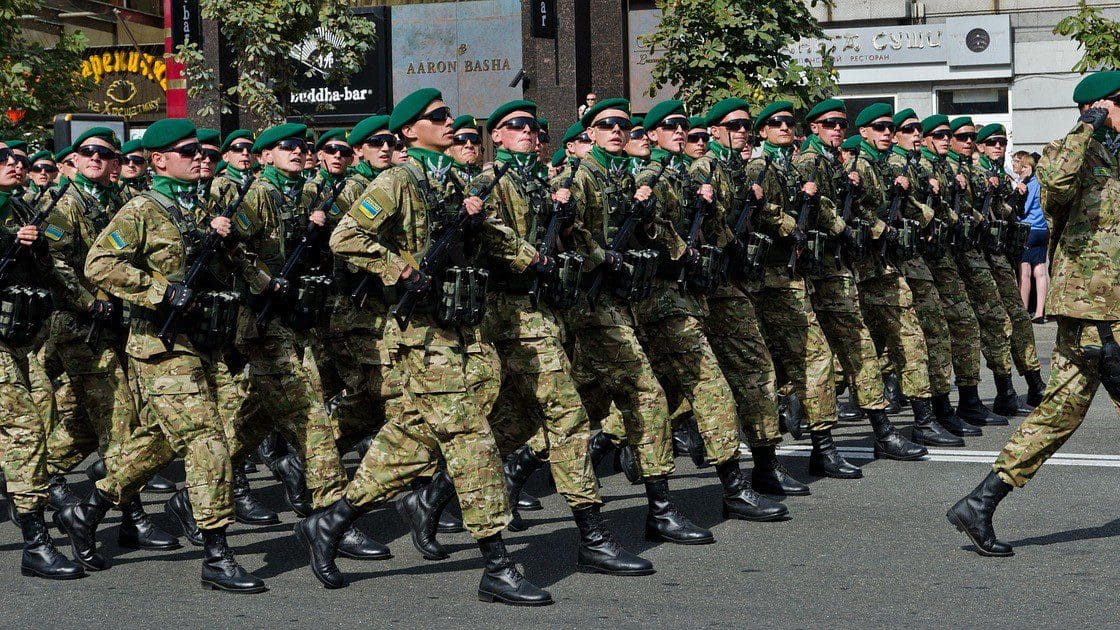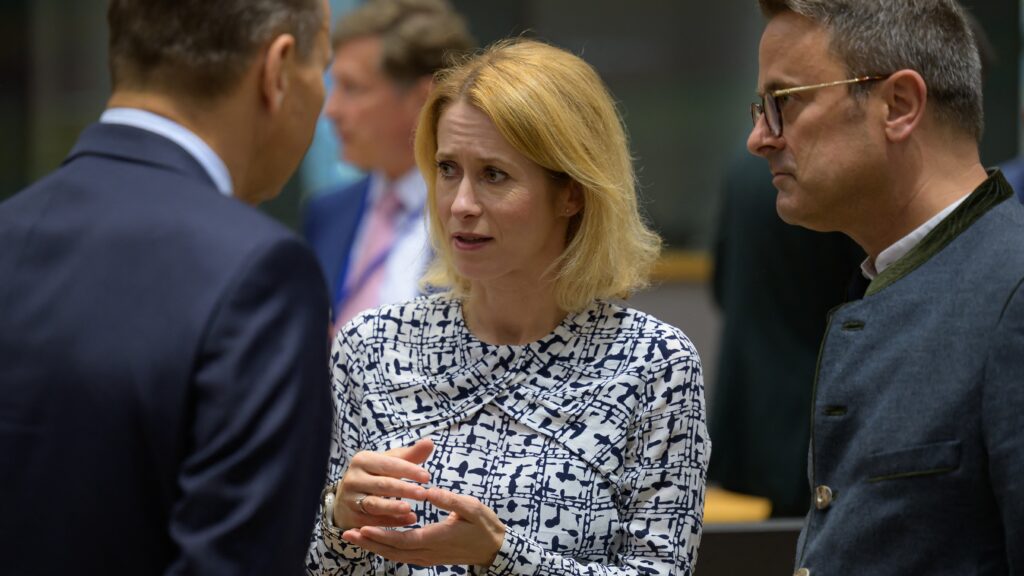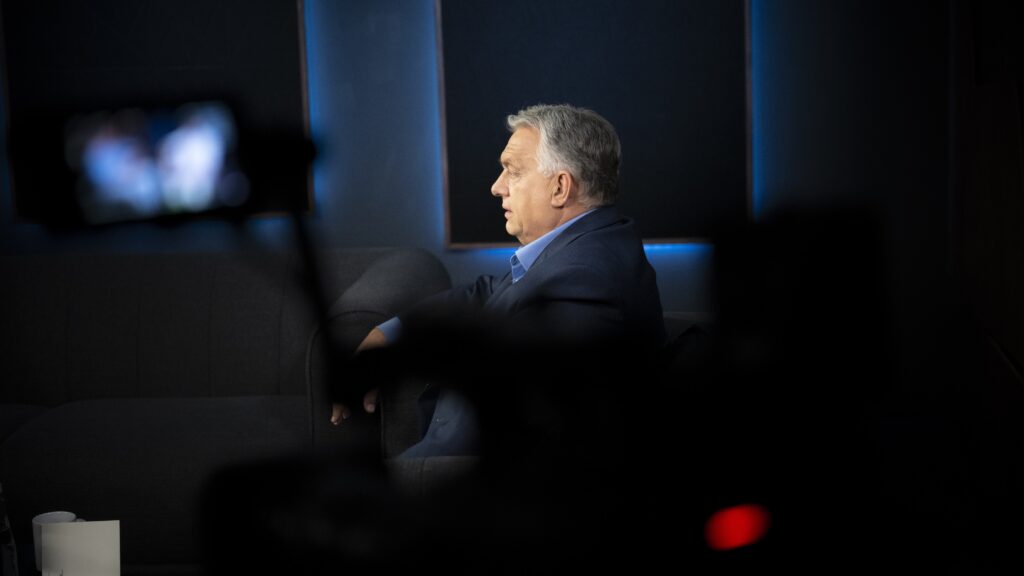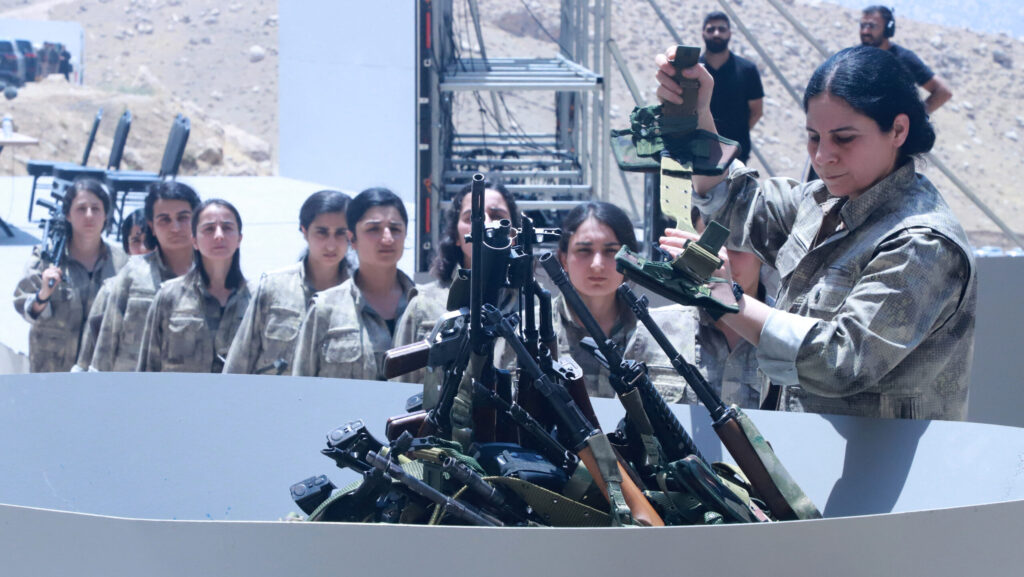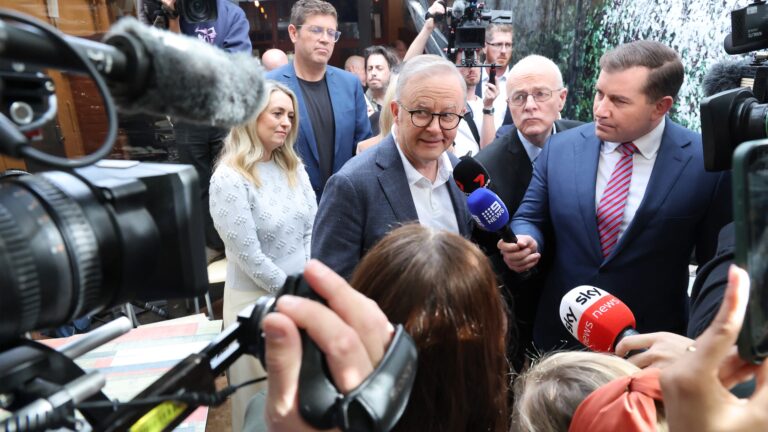Speaking at a festival organised by the Mathias Corvinus Collegium in Esztergom last week, Hungarian Foreign Minister Péter Szijjártó expressed that Europe had ‘sunk into war psychosis’ and the community’s foreign policy was ‘restricted to that single topic’.
‘This war is bad, it is brutal’, said Szijjártó, ‘with people dying and the country is practically reduced to ruins: this war must be terminated and condemned, clearly naming who is the aggressor and who is the victim. But when you call for talks on peace, you will be declared a Putinist, a Kremlin propagandist, a friend or spy of Russia.’
The foreign minister went on to indicate that the EU’s attitude was hypocritical when it ‘immediately calls for a ceasefire and peace talks whenever there is an armed conflict elsewhere in the world, [such as the civil war in Sudan], whereas it is not happening in case of Ukraine…this dichotomy is unacceptable.’
Szijjártó’s overall statement is true, in that not just Europe but Western society itself has ‘sunk into a war of psychosis’, especially after the Biden administration decided to supply Ukraine with cluster munitions, which are banned by most countries because of the risk their undetonated components can pose to civilians many years after their use. The heart of the matter is that neither side of the Ukrainian-Russian war—
which is none other than a proxy conflict between the US-NATO alliance and its old Soviet nemesis—
is ready nor willing to come to the negotiating table.
Unexpected Results
When Russian President Vladimir Putin sent his troops over the Ukraine border in February 2022, many believed that Russia’s invasion would be a quick one since no one though the Ukrainians would ever be able to outlast the ‘mighty’ Russian forces. The war will no enter its eighteenth month.
Putin’s reason for invading Ukraine was its ‘denazification’ and ‘demilitarisation’, in other words, to replace President Volodymyr Zelensky with a pro-Russian leader in order to offset NATO influence—Putin initially tried to capture Kyiv, which his troops utterly failed to accomplish. As for ‘demilitarisation’, Ukraine has perhaps now become the most militarised country in Europe.
The Russian army has also failed to take complete control of any of the four oblasts, or administrative regions—Donetsk, Luhansk, Kherson, and Zaporizhzhia—that Putin claimed for Russia in September 2022. Much of the territory initially seized after the full-scale invasion has been relinquished, and more is being lost, albeit slowly, during the current Ukrainian counter-offensive that began in May.
The truth of the matter is that, as it was with the failed Soviet invasion of Afghanistan in 1979,
Russian troops have proven to be ineffective,
notwithstanding their advanced military equipment. A reason for this was its ultimate incompetence of strategic airpower.
In theory, Russia’s aircraft Mikoyan MiG-29s should have been capable of establishing air superiority and assisting ground troops advance. This was the American strategy of its Air Force during Operation Dessert Storm in Kuwait in 1990. US fighter jets targeted its adversary’s antiaircraft systems by flying missions that destroyed, disrupted, or otherwise harassed enemy units, thus enabling US coalition troops to gain and enforce control over the areas of battle. Russian commanders have altogether failed in this.
Ukraine, because of its multi-billion of dollars of arms, extensive training, and intelligence support from the US-NATO coalition has built an impressive fighting force. Its forces will be able to, for the time being, hold at risk any areas under Russian occupation. Further, Kyiv has shown it has the capability to attack Moscow itself.
Military analysts, according to Phillips O’Brien, Chair of Strategic Studies and Head of the School of International Relations at the University of St. Andrews, have failed to account for the broader industrial, technological, and economic strength of the warring parties. They did not, for example, ‘take note of the fact that Ukraine has traditionally been one of Europe’s biggest weapons producers, or that—despite its size—Russia’s economic and technological base is not one of a major power’—in reality, the Russian economy is even smaller than the Canadian one. Consequently, Russia was not economically powerful enough to sustain its war, which is why it has had to reliy on the Islamic Republic of Iran and North Korea for weapons.
In addition,
the Wagner crisis has shown how brittle Putin is,
not to mention the fact that the Russian military, once more, is not up to the task. Any major ground advances were carried out by the Wagner mercenaries, as with the capture of the city of Bakhmut.
What are the Objectives of the War?
The war in Ukraine is part of Vladimir Putin’s political immortality project motivated by his reverie of restoring Russia to what he believes is its former Soviet glory. This was made clear when he annexed Crimea in 2014, which provided him a key strategic warm-water port for his navy.
The Russian leader eventually wants a resolution in which he can be shown to be the clear and decisive winner, which would require Kyiv to recognise the annexations of the four oblasts, as well as, Crimea as Russian territory. That is obviously not going to happen, neither will an armistice, for Putin will not settle for a stalemate.
It is quite clear that the Ukrainians would have never survived this long against the Russian aggression without the financial and military assistance of the US. Yet the Biden administration has thus far offered no strategic argument on behalf of the costs and risks, let alone what is the overall end objective of the war. Is it to expel Russian forces from Ukraine, which would restore its sovereignty over all its territory and people without any foreign political, military, or economic interference? Would the US settle for a negotiated peace, which falls short of a total Ukrainian victory? This type of ambiguity plagued the US in its wars in Afghanistan, Iraq, and Vietnam, and still continues to do so in Syria.
Retired US Air Force Gen. Philip Breedlove, who led NATO and US European Command from 2013 to 2016, recenlty said Washington does not have a policy that supports Ukraine defeating Russia on the battlefield:
‘We keep saying, “We’re going to give them everything it takes,”
everything it takes to do what? We’re going to be there as long as it takes–as long as it takes to do what?
As a military commander, if someone gave me those as directives, I would have no idea what they were asking me to do.’
The Ukrainians, notwithstanding their heroic efforts in defending their homeland, have yet to have made any substantial progress on the battlefield in their counter-offensive. Some hold that if the US wants the Ukrainians to win the war, then President Joe Biden must provide Kyiv with the most advanced American weaponry, which he is now partly doing after some initial hesitation.
In an article titled ‘Is There a True Desire to End the War in Ukraine?’ posted last year, I discussed how President Biden appears to personally gain if the war in Ukraine were to go on. It would keep lawmakers and the mainstream media distracted from the corruption scandal that involves his son, Hunter Biden, with Burisma—an oil and natural gas company owned by Ukrainian oligarch Mykola Zlochevsky. Reportedly, from 2013 through 2018 Hunter and his company brought in about $11 million via his roles as an attorney and a board member of Burisma, accused of bribery, and his work with a Chinese businessman, now accused of fraud.
There is also the factor that Ukraine is the bread-basket for grain export, which is why Putin recently chose to pull out of a deal that would have allowed Ukrainian grain to be exported globally, thus risking diplomatic tensions with two of his country’s most influential partners, China and Turkey.
Szijjártó’s statements were right on target, yet, not to sound like a cynic, the war in Ukraine ends when Putin is no longer in power. Perhaps Russia will then embrace democracy if sanctions and anti-war protests are consequential. If Yevgeny Prigozhin, the leader of Wagner, had succeeded in his mutiny, while there would have been a continuation of the oligarchy, perhaps we would likely have seen an end to the war. Let us hope the war ends as soon as soon as possible, but as Brazil’s President Luiz Inacio Lula da Silva, whose country among many have sought to bring a halt to the fight, recently said: ‘Neither Putin nor Zelenskyy are ready for peace.’

